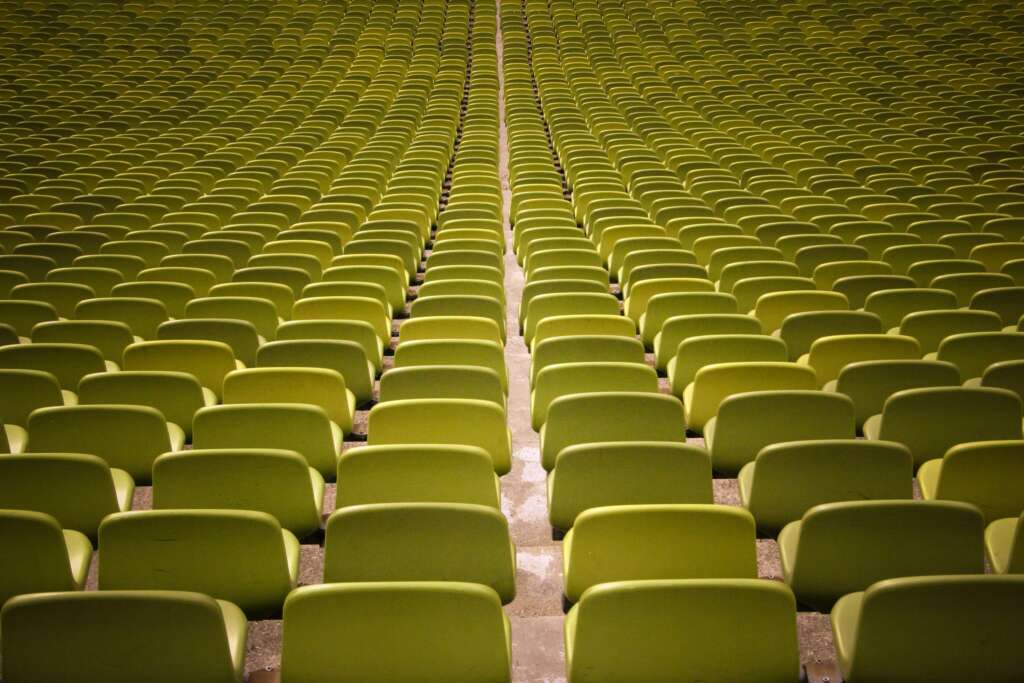Belonging and acceptance by others are two human’s basic needs. From an evolutionary point-of-view, social acceptance is crucial to our survival, because it makes the world safe for us. Conversely, social rejection makes us feel unsafe and activate a range of potential psychic defenses, such as anxiety.
Relationships are crucial for physiological regulation, the formation of self identities and social goals, but they also trigger competition as some individuals will be preferred over others. Competition is not without faults, as research suggests that competitive societies have higher rates of mental illness and higher levels of fear than caring societies. Social competition creates rank-focused attitudes, concerns with inferiority, and social comparison.
In addition research suggests that the more insecure and uncertain people feel about creating positive impressions in the minds of others, the more competitive their orientation to social relationships is likely to be, thereby creating a vicious cycle of increasing competition and inferiority complex.
Depression, anxiety, and self-harm are some of the ramifications of self-beliefs of inferiority, such as believing that others look down on the self and behaving submissively. Furthermore, research found that insecure striving or striving to avoid inferiority is highly related to fears of losing out, being overlooked, and rejected. Relatedly, insecure striving is found to be a significant predictor of psychopathologies, including depression, dysfunctional eating, and appearance anxiety.
Reference:
Gilbert P, McEwan K, Bellew R, Mills A, Gale C. The dark side of competition: How competitive behaviour and striving to avoid inferiority are linked to depression, anxiety, stress and self-harm. Psychol Psychother. 2009 Jun;82(Pt 2):123-36. doi: 10.1348/147608308X379806. Epub 2008 Nov 26. PMID: 19040794.

